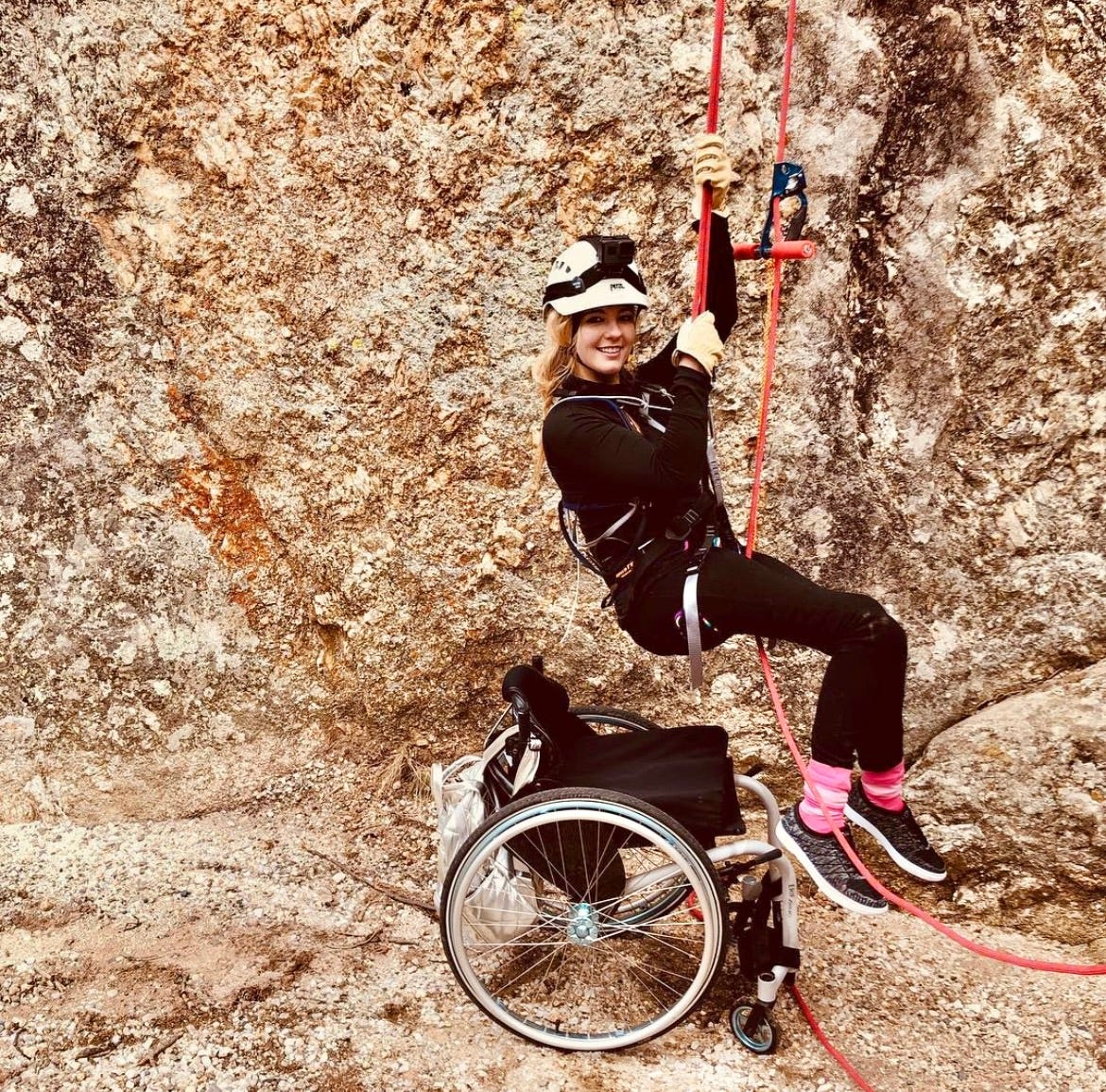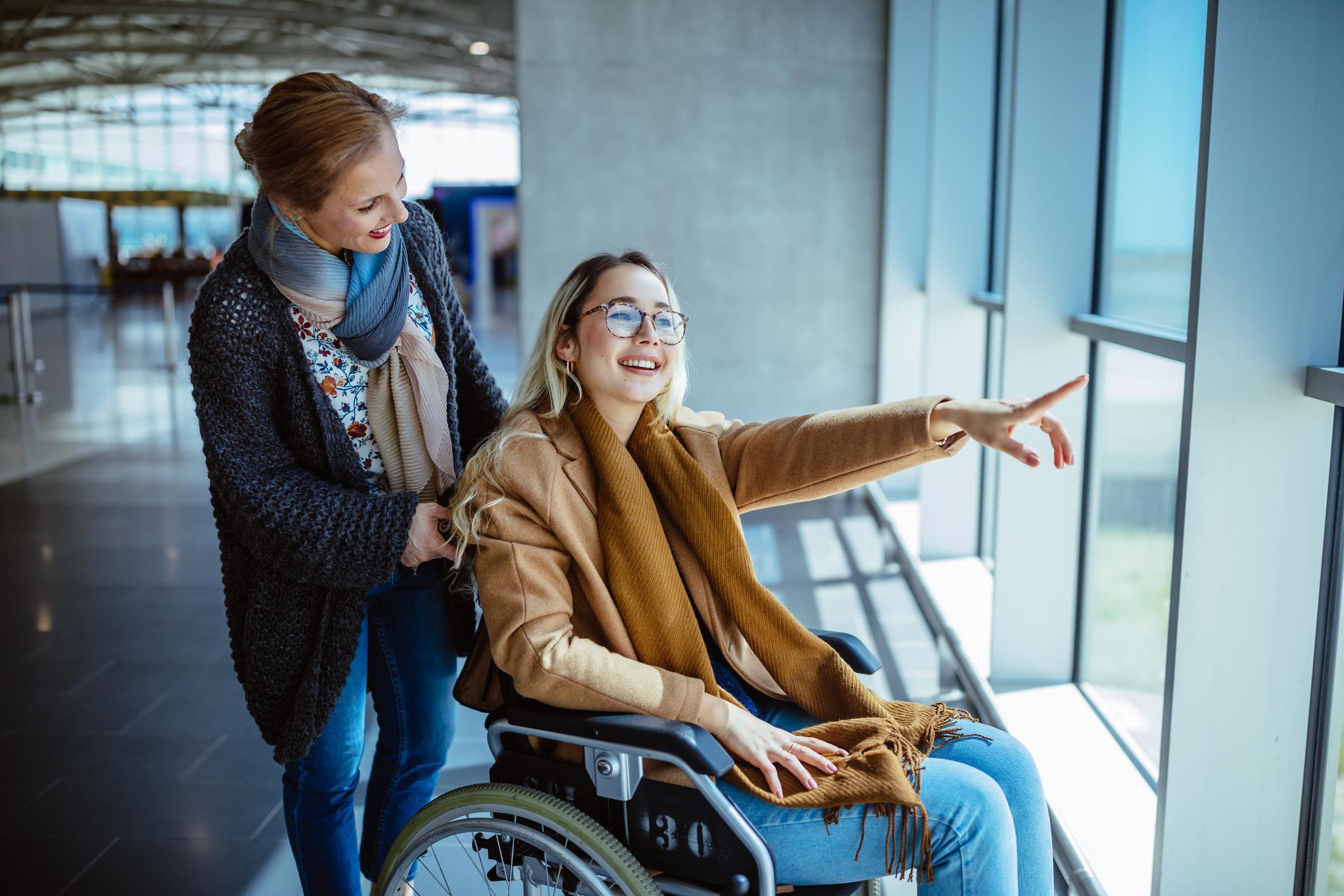Struggling with nightly incontinence? You are not alone. According to the National Association for Continence, approximately 25 million Americans are affected by bladder control. It’s very possible that this number is even higher, since many adults find it difficult and embarrassing to discuss bed-wetting with medical professionals.
Many adults struggling with incontinence experience it during the night, when they are asleep. This referred to as Nocturnal Enuresis. When you are experiencing nighttime incontinence, bed time is anything but relaxing. The worry of wetting the bed, inconveniencing your partner, or having to wash the sheets and remake the bed can cause anxiety, making a good night’s rest difficult. At Domtar, we highly recommend speaking to a medical professional about incontinence issues, but if you are simply not ready to do that yet, here are a few tips for getting a good night’s sleep when you are experiencing Nocturnal Enuresis:
1. Wear Protective Underwear or a Thin Adult Diaper
While no one likes to feel like they are wearing or need a diaper, extra protection will give you piece of mind. There are millions of Americans dealing with incontinence, so there are many different products available such as protective underwear and adult diapers. If you experience nighttime incontinence, your sheets will be protected and a diaper can be easily and discreetly tossed away in the morning.
2. Protect Your Bedding
Frequently having to wash and change the sheets on your bed can be frustrating. Investing in water-proof bedding and an easily washable underpad will give you piece of mind and make dealing with nighttime incontinence easier.
3. No Caffeine Before Bed
Caffeine has been linked to bladder problems, so it might be best to avoid it completely. However, it should particularly be avoided before going to bed. Not only could the caffeine keep you awake, it can increase your risk of a bed wetting episode, since it is a diuretic that increases urine output.
4. Limit Your Fluid Intake
Try to avoid drinking any liquids after 6pm. If you must quench your thirst, take small sips of water instead of big gulps. Avoid alcoholic beverages and citrus juices.
5. Empty Your Bladder TWICE
This is also known as “double voiding” your bladder. Before getting ready for bed, empty your bladder. Then, go through your usual bedtime routine (brush your teeth, remove make-up, etc.,) and then empty your bladder again right before lying down to go to sleep.
6. Do Kegel Exercises
Kegel exercises involve contracting and relaxing the muscles around the urethra. Not sure how to do it? Start by stopping your urine midstream - that’s a Kegel exercise! Once you know how it’s done, start doing them frequently to strengthen those muscles and reduce the risk of nighttime incontinence.
7. Use a Bedwetting Alarm
Yes, these exist! A Bedwetting Alarm is a moisture-detecting sensor. You lay down on top of the sensor and it emits an audible or vibrating alarm if any wetness occurs. Then, you can empty your bladder on the toilet instead of the bed. This is also an effective way to retrain your bladder, since it conditions you to associate the sensation of a full bladder to getting up and using the bathroom. However, it should be noted that if your incontinence is related to a disease, a bedwetting alarm may not effective.
Causes of incontinence include weak bladder muscles and nerve damage from diseases such as multiple sclerosis, diabetes, or Parkinson’s disease. In men, an enlarged prostate could be the culprit. This is why you should definitely consult with your doctor if you experience nighttime incontinence. Doctors typically use urine or blood tests to determine the cause of incontinence. Once diagnosed, your doctor may recommend muscle exercises, dietary changes, or even prescribe medications to help manage your bladder.











